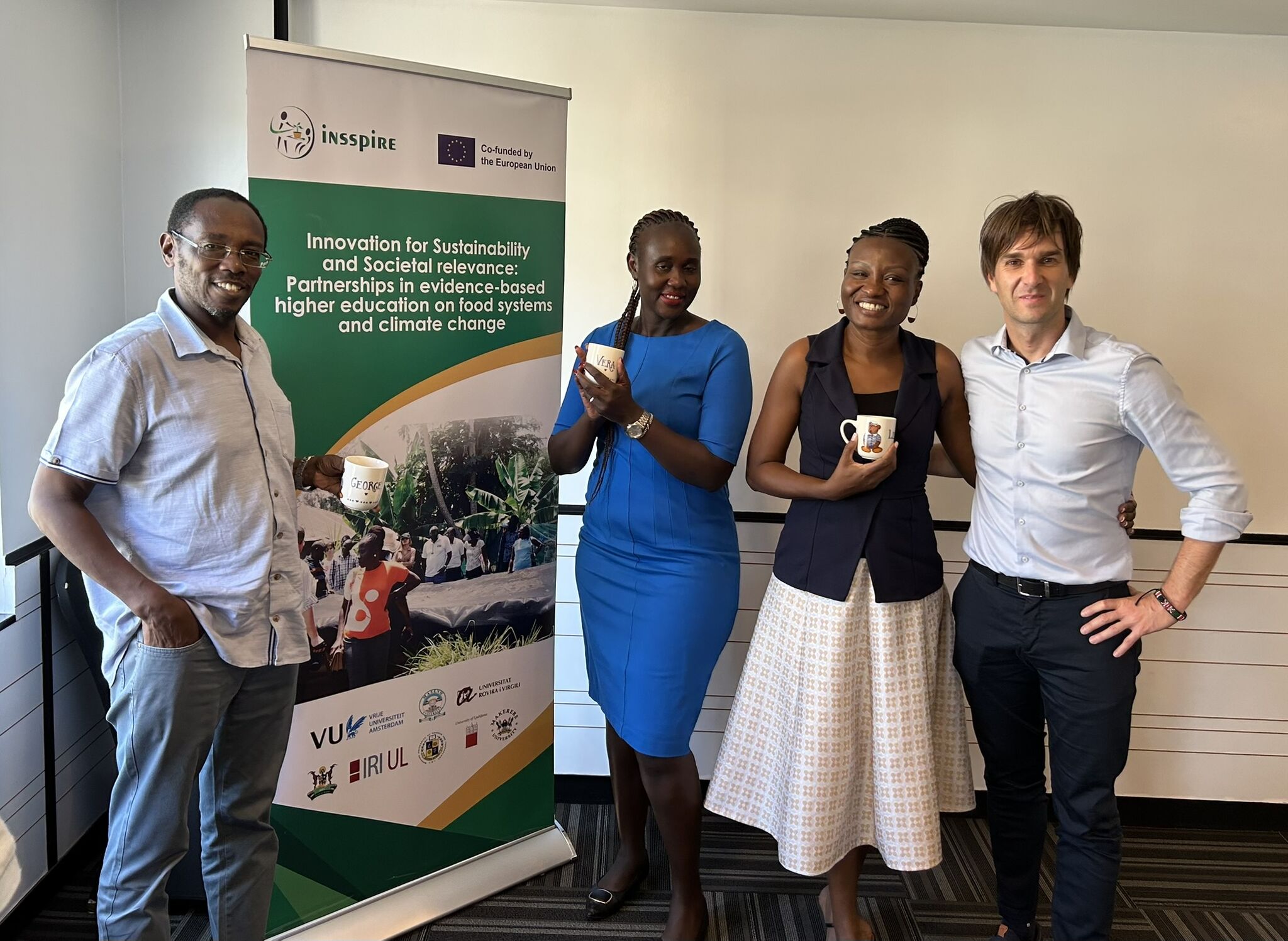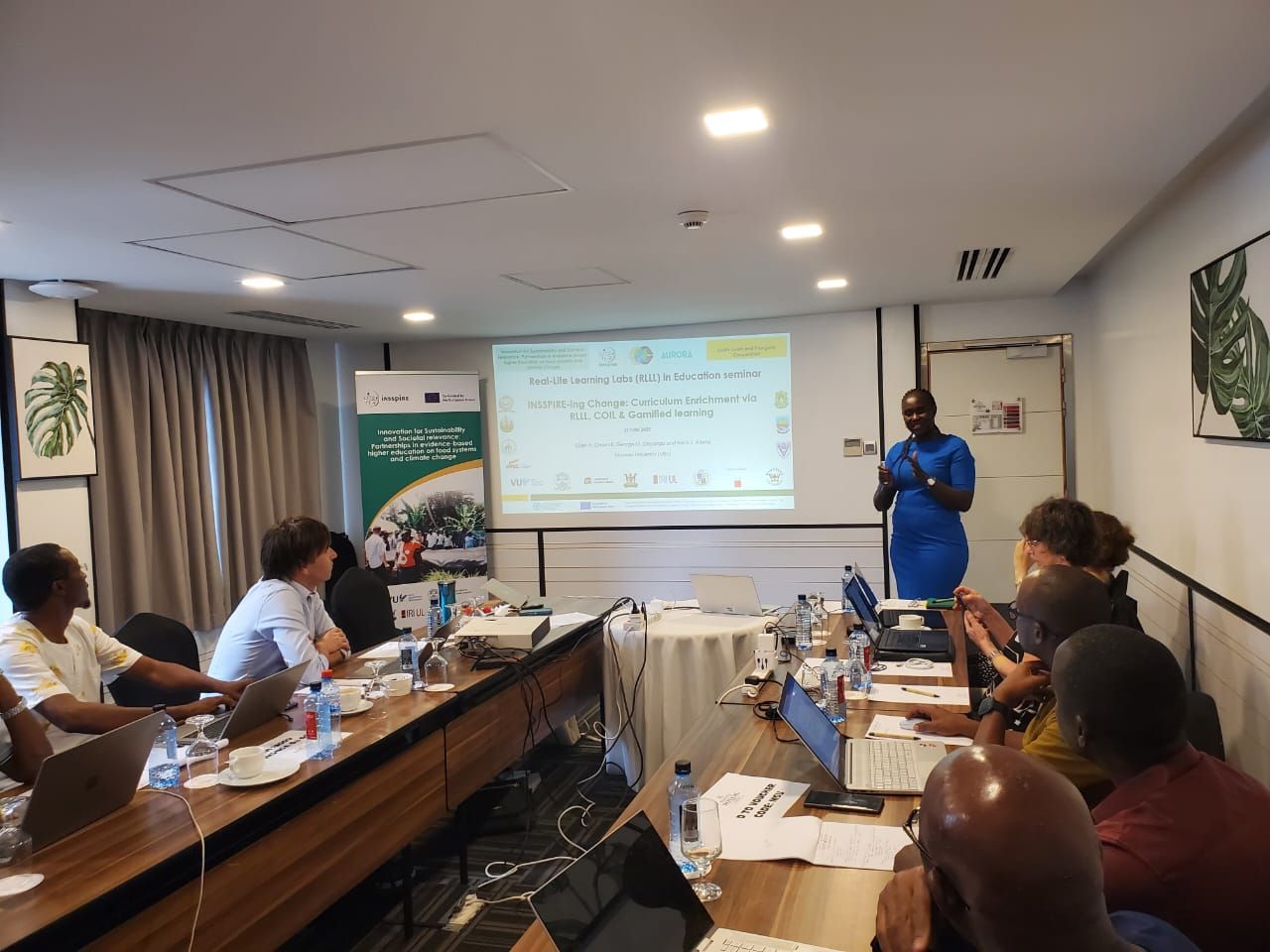09.07.2025
Insights from INSSPIRE seminar in Kenya: “My bank account cannot say who I am, but my neighbour can.”
Dr Gregor Cerinšek, IRI UL’s Head of Applied Social Sciences Department, has recently returned from a 5-day seminar on Real-Life Learning Labs in Education that was held in Kisumu, a Kenyan city located on the shores of Lake Victoria, between 22 and 26 June 2025. The event was hosted as part of INSSPIRE Project by Maseno University, positioned as the only university in the world with its main campus located directly on the equator.
During the seminar, project partners came together to reflect on the implementation of real-life learning labs, share lessons from the curriculum enrichment process, and engage in dialogue about the project’s long-term impact and sustainability.
We asked Dr Cerinšek to share some of his insights from the trip:
“While it was a collaborative and enjoyable exchange of experiences, it – at least for me personally – carried a note of bittersweetness as the project slowly approaches its conclusion (only 5 months to go). I won’t use words like “fruitful,” “energizing,” or other ChatGPT-style signifiers to describe the seminar. Instead, I would like to share an insight that truly resonated with me. My dear colleague, a professor from Ghanian University of Development studies, Saa Dittoh shared a reflection with us: ‘My bank account cannot say who I am, but my neighbour can.’ With this message, he tried to capture a deeper truth about the role of local communities in shaping identity and resilience, especially when addressing real-life challenges of food systems and food security. In many Sub-Saharan Africa contexts, economic wealth is not the primary measure of worth. Rather, value is rooted in the strength of relationships, the spirit of mutual care, and the depth of community bonds embodied in the philosophy of Ubuntu (‘I am because we are.’) Yet, as he noted, communities often imitate the worst examples the world sets – sometimes brought unintentionally by us, well-meaning academics, researchers, and development practitioners. This reflection serves as both a reminder and a call to responsibility.”
The key takeaway from the seminar discussions seems clear: if we are to support sustainable and just food systems, we must acknowledge, appreciate, and integrate local and indigenous community knowledge in our academic practices – something that real-life learning labs aim to achieve. This means elevating community voices in research and embedding their lived experiences in higher education curricula. True innovation and resilience in food systems come not just from scientific breakthroughs, but also from the wisdom rooted in place – in stories, practices, and relationships cultivated over generations.

